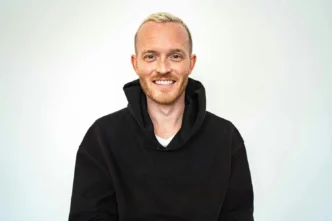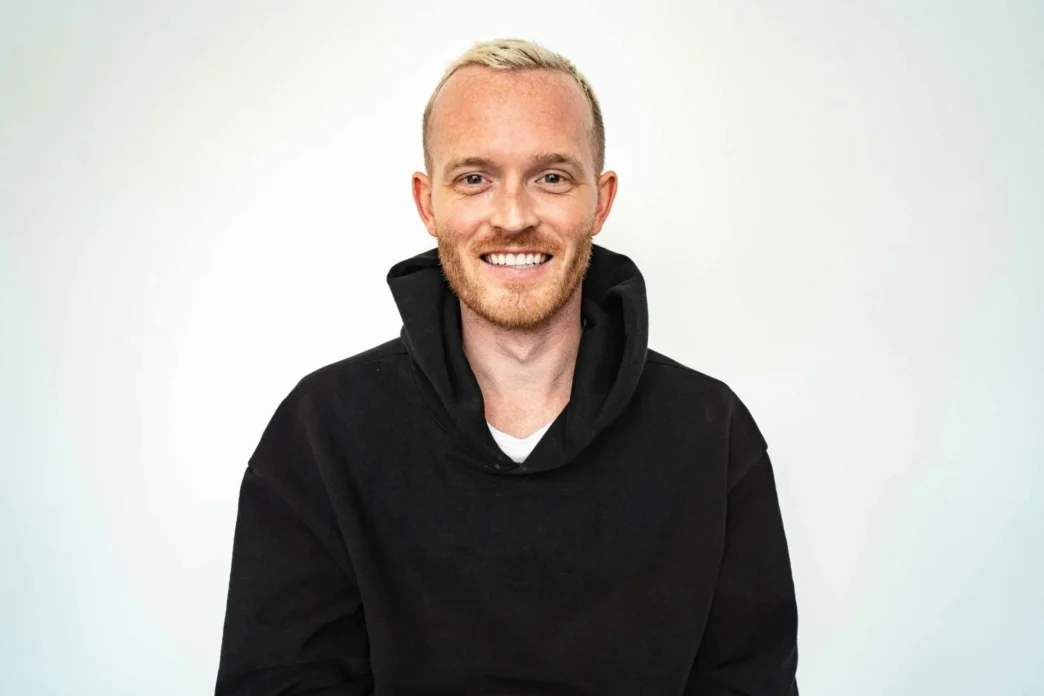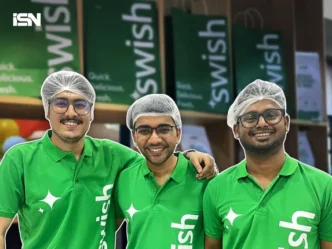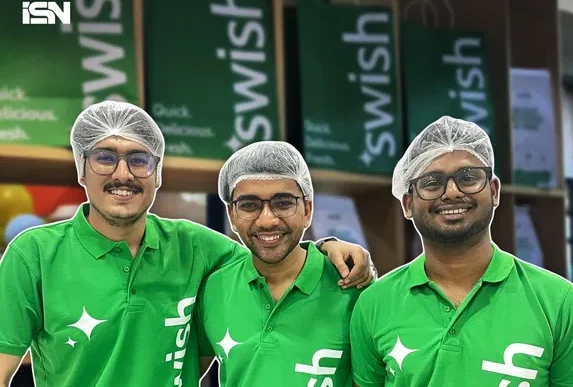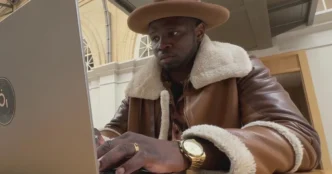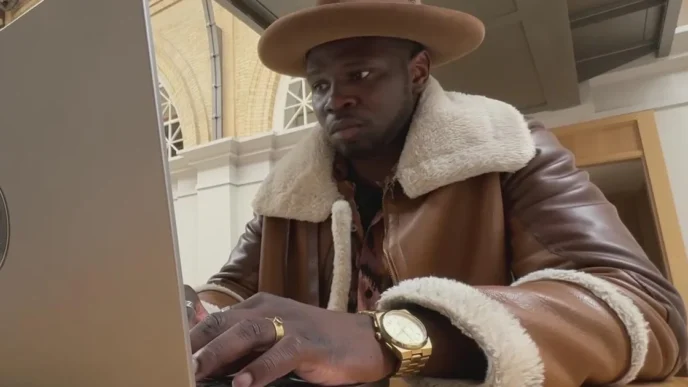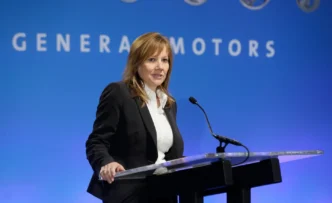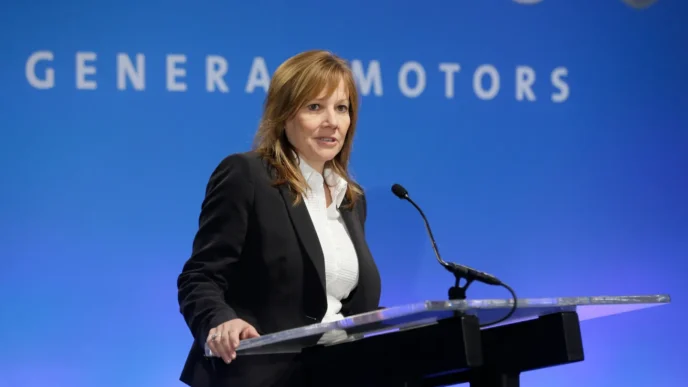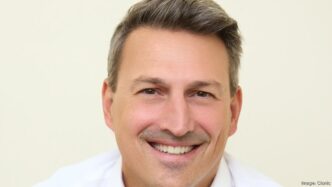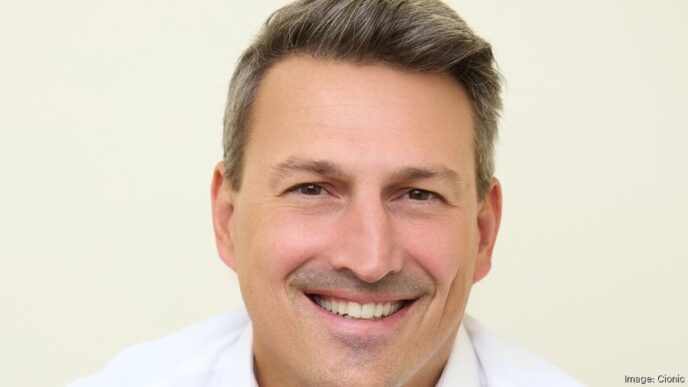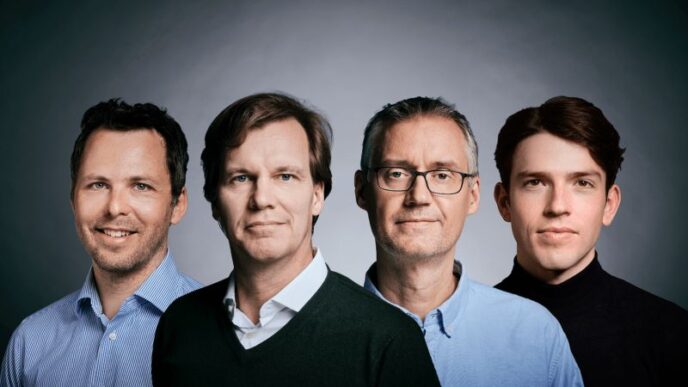Find Your Grind funding has become a talking point across the edtech space, and the excitement around it isn’t slowing down. What started with a former pop-punk drummer teaching students in a studio has grown into a national platform pushing young people to discover careers they never knew existed.
Most people who grew up on early-2000s punk will remember Nick Gross, the drummer behind Goldfinger. Today, he’s using that same creative energy to build something entirely different. And the idea came from a simple observation: students are often told to “follow their dreams,” yet they rarely get access to environments that show them what those dreams could be.
Gross spent years inside the music industry, starting at only 17 when his high-school band, Open Air Stereo, suddenly found itself on MTV’s Laguna Beach. While the experience launched his artistic career, it also opened his eyes to how much the world can change when someone gets exposed to the right opportunities at the right moment.
As he grew older, he started inviting students into his studio, thinking they just needed a place to learn about music. Instead, what he saw was something deeper. Many of these teenagers had no clue what paths even existed beyond the traditional ones they were told about in school. They often felt trapped between expectations and curiosity, with no bridge that offered clarity or confidence. That observation planted the seed for Find Your Grind.
The latest Find Your Grind funding round shows just how far that seed has grown. The company has secured a fresh $5 million Series A, bringing total investment to $8 million. The new round was led by Echo Investment Capital, with more support coming from Gross’ own investment firm, Gross Labs. With this backing, the team plans to take its lifestyle-driven career readiness programs to schools and communities across the U.S.
Gross said young people are entering a work environment that feels more uncertain than ever. They are graduating without a clear sense of identity, direction, or an understanding of how their interests match the world of careers evolving around them. The platform, he explained, was built to help students explore not just what jobs exist, but which ones align with who they are and the lives they want to build.
While many guidance programs focus on salaries and job titles, Find Your Grind takes the opposite route. It sees career planning as something personal, emotional, and deeply connected to how someone wants to live every day. This shift is timely as the global job market transforms in ways nobody predicted even a decade ago. According to the World Economic Forum, about 92 million jobs may not exist by 2030. That means the old approach of telling students to pick from a small list of “stable careers” is no longer working.
Schools still encourage students to pursue roles like engineering, medicine, or law, but these paths don’t reflect the reality many teens imagine for themselves. Today’s generation follows creators on TikTok, studies esports athletes on Twitch, and learns editing from YouTube. Their heroes look different. Their ambitions do too. And yet, the educational system often hides these opportunities behind outdated expectations.
Find Your Grind tries to close that gap by showing students the real spectrum of modern careers. The platform introduces paths such as content creation, esports, social media management, and even creative lifestyles like being a band member in a pop-punk group. These are worlds young people already admire, but rarely get structured guidance to pursue.
The platform organizes its process around four core competencies: self-awareness, career awareness, social awareness, and action awareness. Each piece helps students understand not only what is possible but who they are becoming in the process. This framework sets the tone for everything else inside the platform, including its popular Lifestyle Assessment.
This assessment helps students discover which of three lifestyle identities they naturally lean toward. They may find they align with an entertainer’s boldness, a creator’s innovative mindset, or a humanitarian’s drive to help others. These lifestyle paths go beyond job titles and speak to how a student wants their life to feel. From there, the platform builds a customized next-step plan that guides them through what to do after graduation.
To make things even more engaging, the platform includes videos, interactive lessons, and personal stories from mentors who have walked unconventional paths. These mentors share how they started, what they struggled with, and how they built careers that look nothing like the standard templates taught in schools. Names like Tony Hawk, Tony Hoffman, and will.i.am give the platform added credibility while making the experience feel real and inspiring.
One of the most exciting features is the AI-powered Reflective Coach. Instead of giving generic guidance, the coach asks follow-up questions, nudges students to dig deeper, and helps them process their answers in ways that reveal more clarity. This personalized feedback loop gives each student a sense of being heard, which can be rare in crowded guidance programs.
But Find Your Grind isn’t only building digital tools. The company is also rolling out workforce development initiatives that bring career exploration into the real world. One of its main projects is a series of lifestyle fairs. These events allow students to interact directly with career possibilities they may never encounter in school. Through hands-on experiences, they get a clearer picture of what different lifestyles could look like day to day.
The first of these programs is launching in Oklahoma City. Here, Find Your Grind is working with schools, training centers, and local partners to rebuild how young people connect with opportunities in their own communities. The goal is simple: help students find paths that match their lifestyle preferences without feeling pressured to relocate or chase careers that don’t fit who they are.
Gross believes this work can reshape how students think about their future. Instead of choosing careers from a limited menu, they get a chance to explore a broader world. They learn to trust their strengths, personality, and interests, rather than hiding them to fit a mold.
So far, Find Your Grind has already guided more than 100,000 students. Gross hopes that number will climb past a million as the platform expands. With the rise of new industries, emerging technologies, and shifting cultural values, he sees this as the perfect moment to redefine what career readiness actually means.
The new Find Your Grind funding round reinforces that investors are starting to take this shift seriously. Schools are recognizing that students are no longer motivated by outdated pathways. Communities are waking up to the need for more flexible, lifestyle-driven guidance. And families want tools that help their kids discover their own direction rather than simply pushing them into a one-size-fits-all future.
Find Your Grind stands at the intersection of identity, ambition, and opportunity. And its latest funding gives it the fuel to reach even more students who are searching for a path that feels like theirs.
